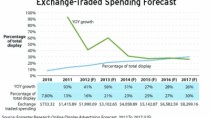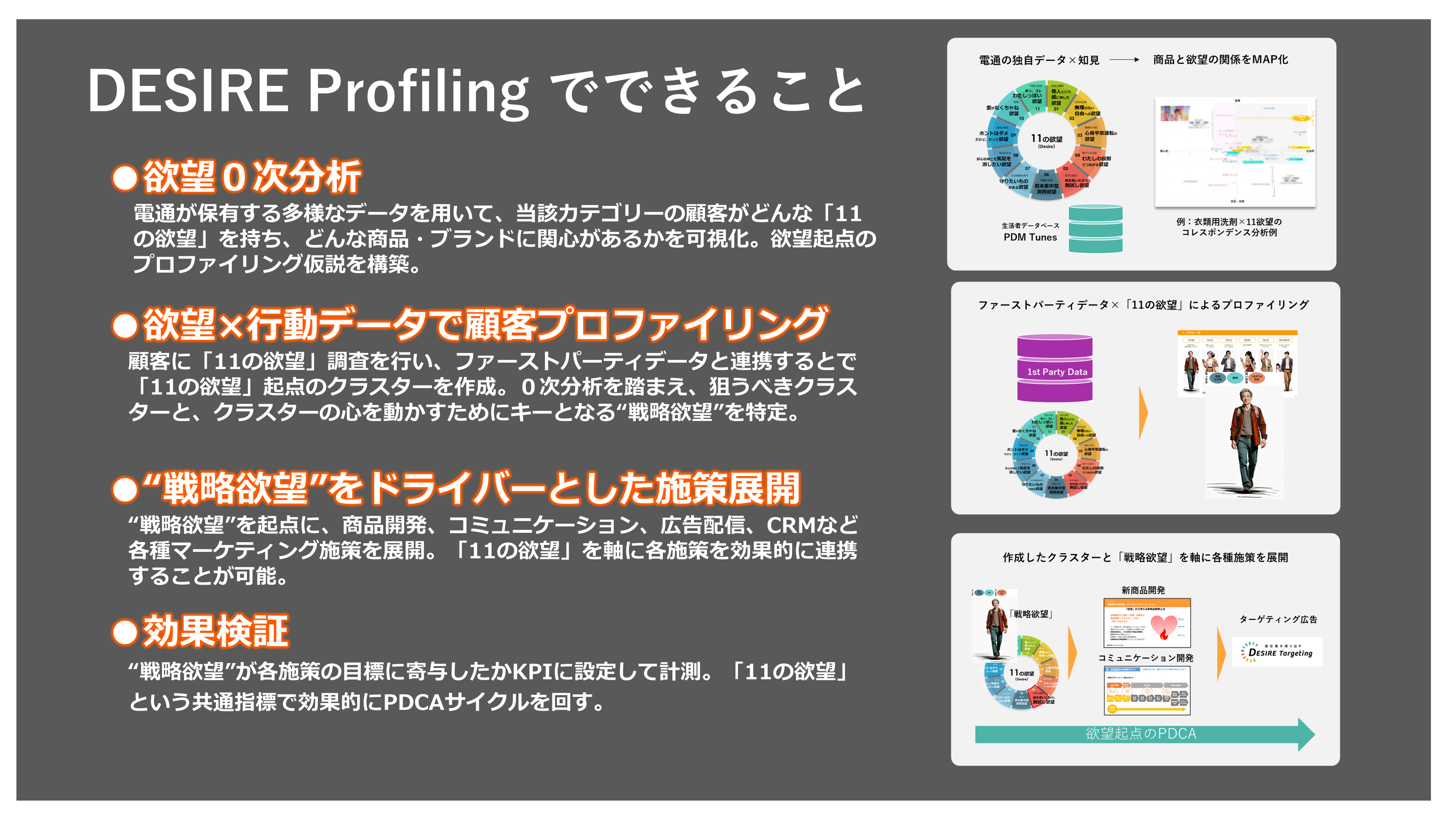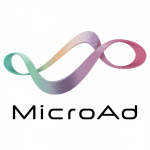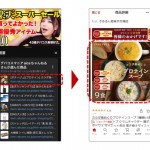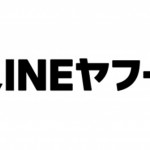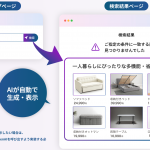ネイティブ広告って実際どうなの?
Native ads are the buzzword of the moment in digital advertising, as many content publishers see them as the answer to the disappointments of standard display ads. Their champions say ads that are disguised as content have higher click-through and engagement rates than intrusive banners because they’re contextual and have quality content.
But a new survey due out today by Harris Interactive for MediaBrix, a social and mobile ad firm, says otherwise. Harris asked online adults what they thought about three native ad formats—Twitter’s promoted tweets, “Sponsored Stories” on Facebook, and video ads that appear to be content. According to the survey, a majority found the ads negatively impacted or had no impact on their perception of the brand being advertised.
People had the strongest reaction to sponsored video ads, with 85 percent saying they negatively impacted or had no impact on their perception of the brand. Sixty-two percent said the same of promoted tweets and 72 percent of sponsored stories.
The survey further found that 45 percent found promoted tweets misleading, while 57 percent and 86 percent said the same about sponsored stories and video ads, respectively.
There’s no way to compare the results to people’s views on standard banners, because Harris didn’t ask respondents about that format. It did, however, ask the same questions about infomercials and print advertorials, with similar results.
Ari Brandt, the founder of MediaBrix, said he commissioned the survey to confirm his negative suspicions about native advertising. He said, however, that MediaBrix focuses on social gaming advertising (it offered native ad formats early on), so he has nothing to gain from discrediting native advertising.
“I wanted to have a counterpart to what’s going on in the space,” he said. “Ultimately, building brands is about trust and transparency. We’re not saying native doesn’t have a place in a marketing mix. We’re saying, that’s not the most effective way to build a brand.”
Of course, there are issues with self-reported surveys, especially one that requires participants to be honest about their views about something as divisive as advertising.
Sean Bruich, head of measurement platforms and standards for Facebook, said apart from the methodology issues, the results also conflict with joint research by Nielsen and Facebook that found that overall, social ads—those served to Facebook users whose Facebook friends are fans of, or interacted with, the advertised brand—generated a 55 percent lift in recall over non-social ads.
“Engagement rates with sponsored stories are substantially higher than other ads on the site, and typically, [people] engage with things they find relevant and interesting,” Bruich said. “We do not see any evidence that they negatively impact people’s experience on the site.”
It’s also worth noting that Harris showed respondents generic examples of sponsored stories, not examples of actual sponsored stories people are served on their own Facebook news feeds, where the ads are aligned with their personal experiences and preferences.
Adweek asked Twitter for comment, too; a spokesperson said the company doesn’t comment on outside research.
The survey was conducted Oct. 2-4 among 2,516 online adults.
form:http://www.adweek.com/news/advertising-branding/do-native-ads-work-144990

